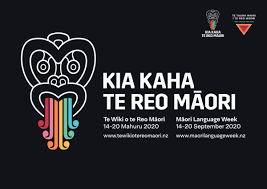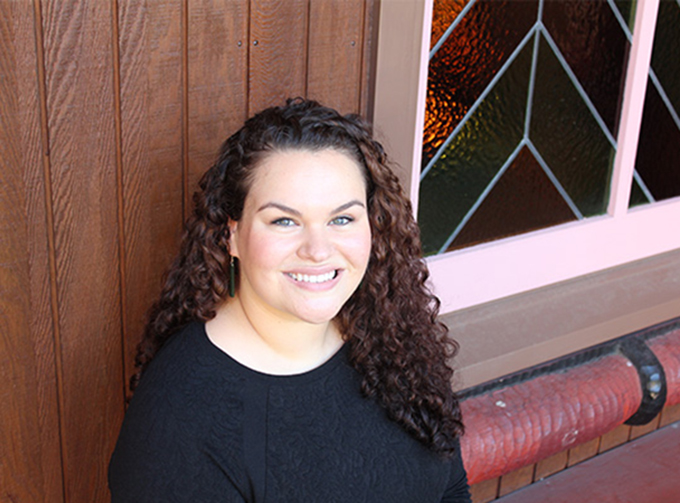By AUT News
Teenage trendsetters are one of the keys to sustainable language revitalisation and points to an unlikely source of inspiration – the Korean wave, says Dr Rachael Ka’ai-Mahuta of Auckland University of Technology’s Te Ipukarea Research Institute.
Korean popular culture is driving interest in Korean language and culture, and has had a large impact on wider popular culture, to the extent that the Korean Wave is subverting the English language as the language of popular culture.
Dr Ka’ai-Mahuta said that pop culture impacted on the language choices teens made, and points to the lack of te reo material aimed at teens/young adults.
READ MORE: Te Wiki o te Reo Māori – Māori language week

“Language and culture go hand in hand. They inform each other, and learning a language provides insights into culture that otherwise might pass us by,” said Dr Ka’ai-Mahuta.
“There’s an amazing wealth of te reo Māori resources available now, but they’re mostly targeted at younger kids, particularly preschoolers.
“We need more Māori language content like novels, TV shows, music and games aimed at teens.
“Teens have a role as trendsetters and fandom-builders. They have the power to adopt and normalise te reo Māori and make it part of their everyday lives.
Te Ipukarea Research Institute at AUT is currently leading a research project, funded by Ngā Pae o te Māramatanga, looking at how the Māori language can be better supported in the lives of adolescents, based on the idea that the Māori language of adolescence forms the building blocks of non-formal adult language, or the language of friendship, humour, relationships, emotions, and mental health.
The preliminary findings of show the strategic importance of the teenage age group for Māori language revitalisation, noting that teenagers are trendsetters and can have an impact on and be influenced by the perceived value of the Māori language and therefore, its status.
“I like to imagine a near future where we have equivalents of KPop group BTS or movies in te reo Māori that garner the widespread admiration of award-winning movies like Parasite,” said Dr Ka’ai-Mahuta.














































